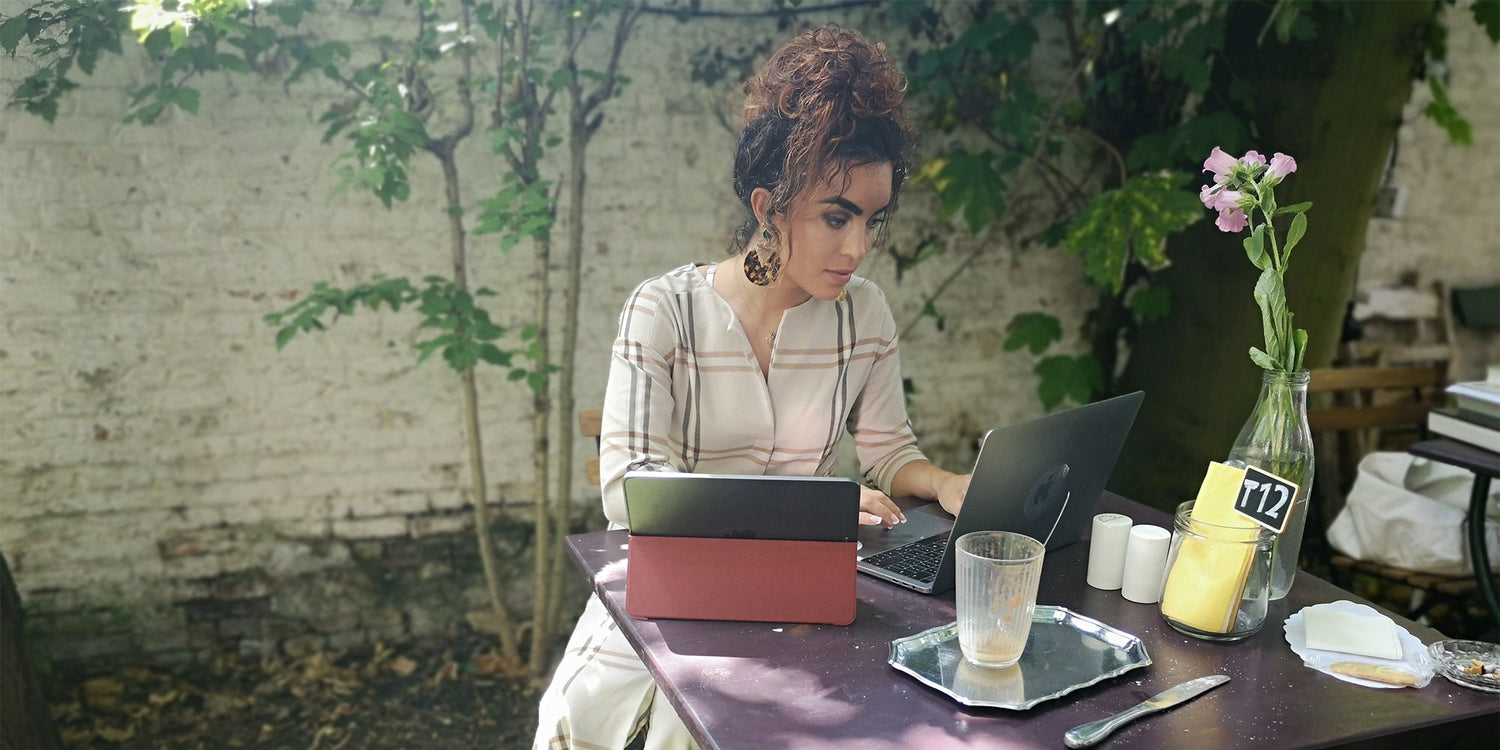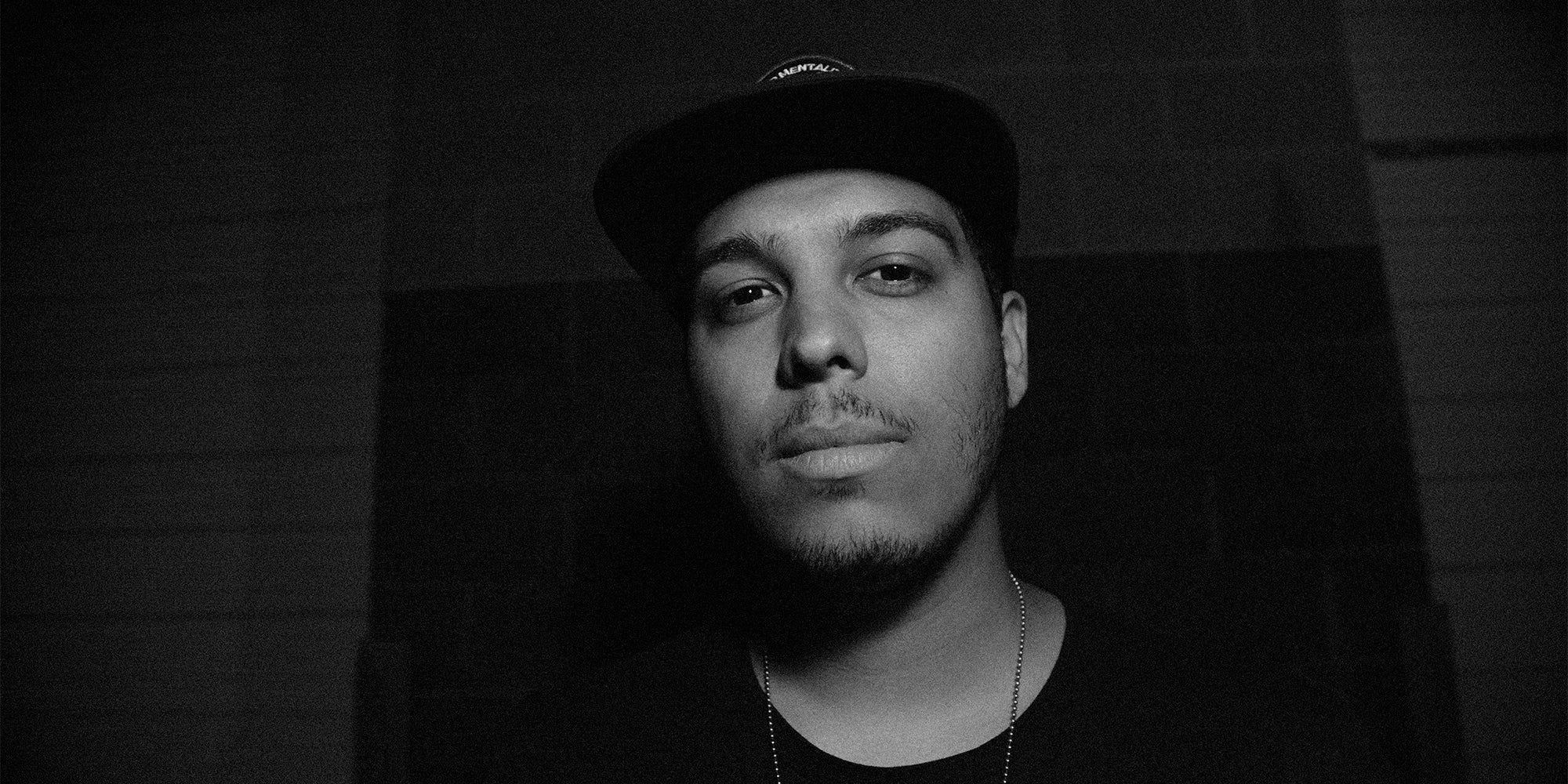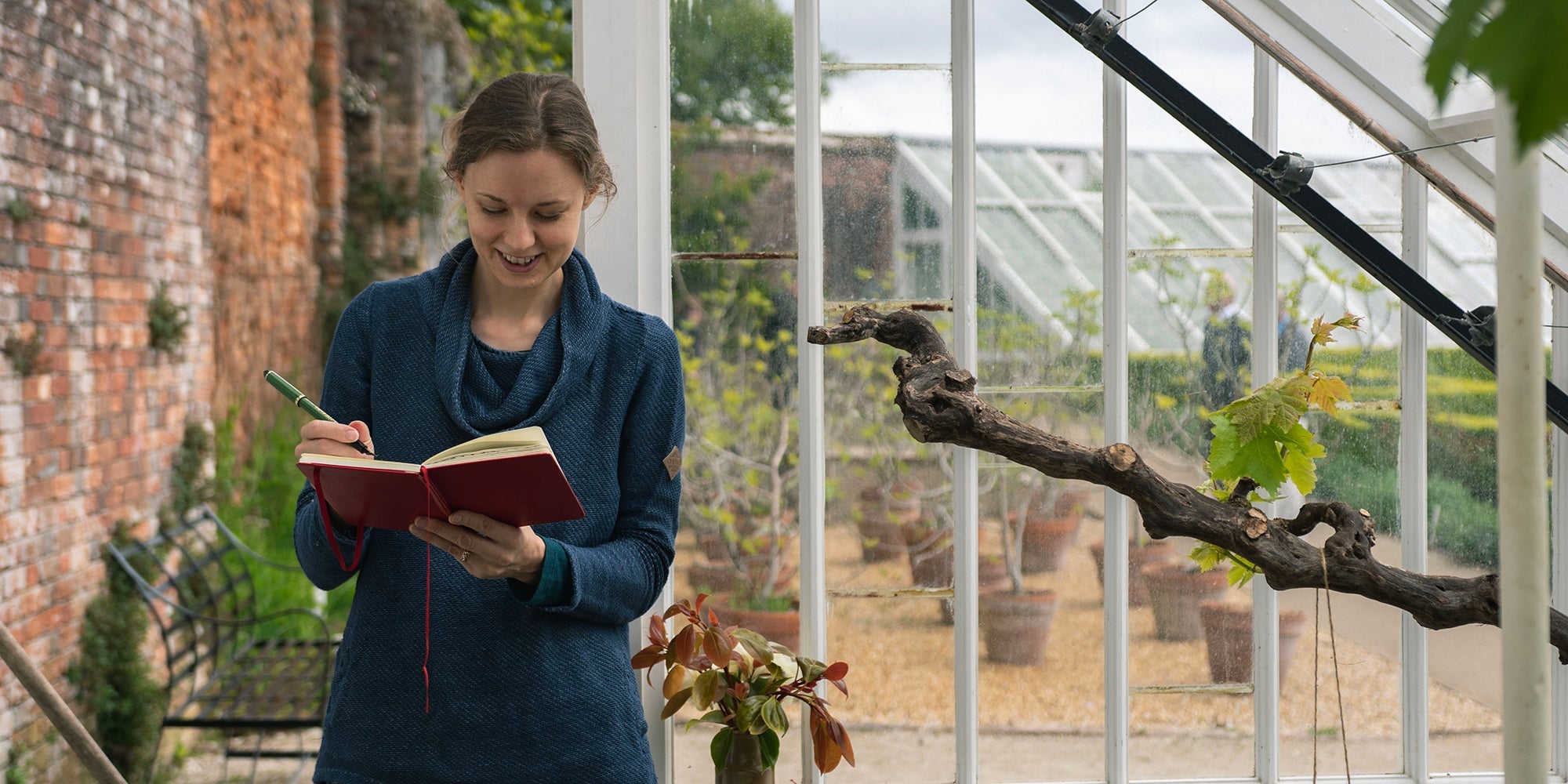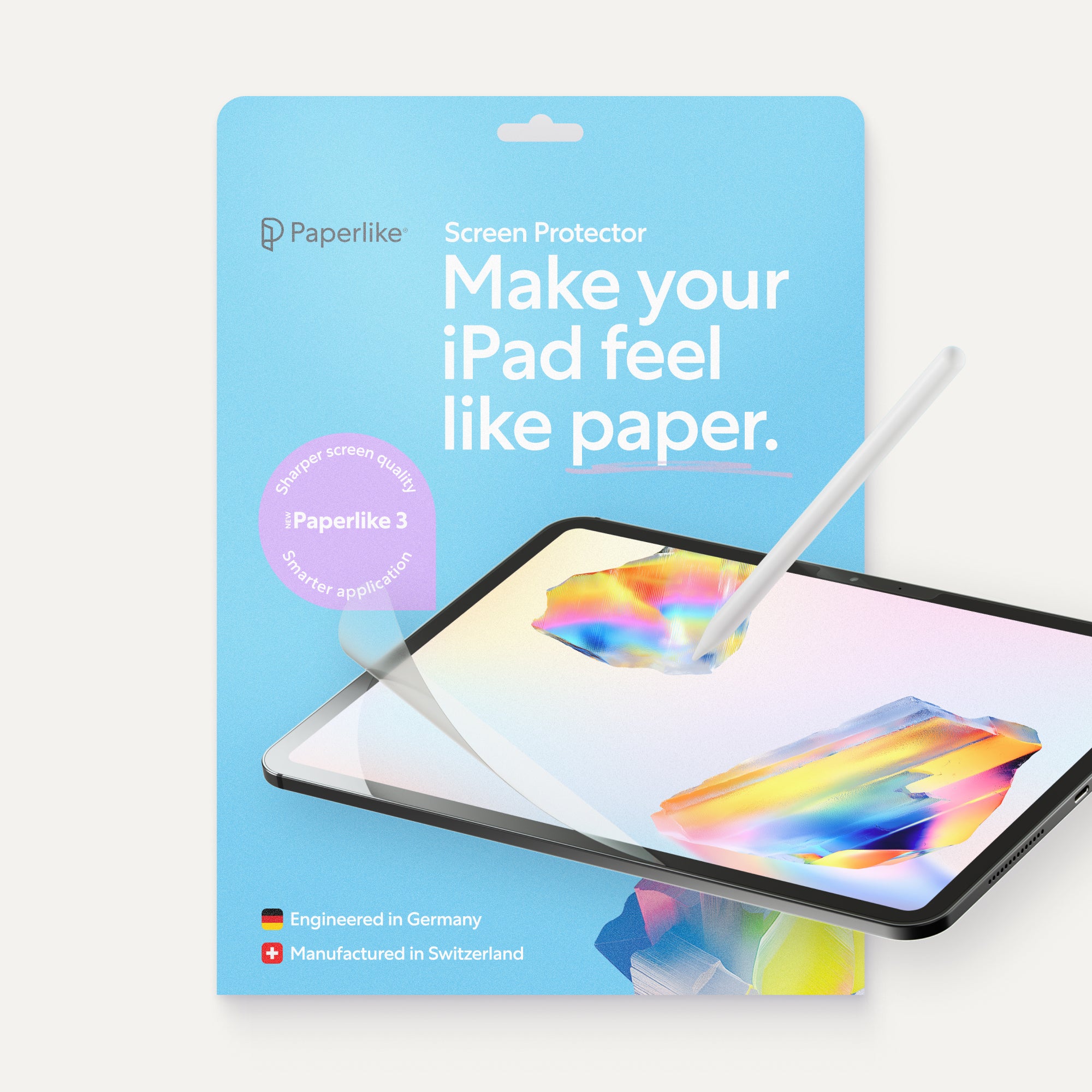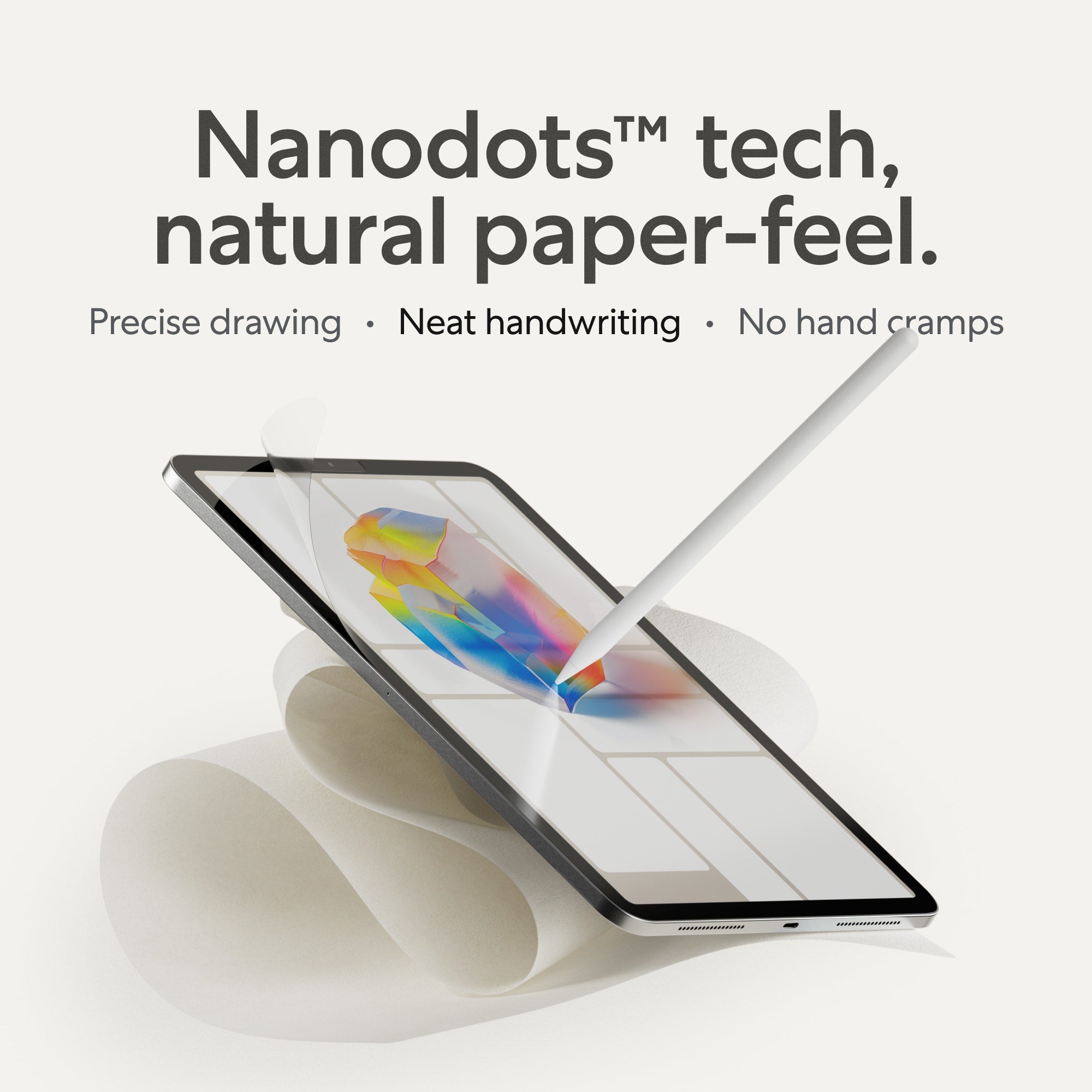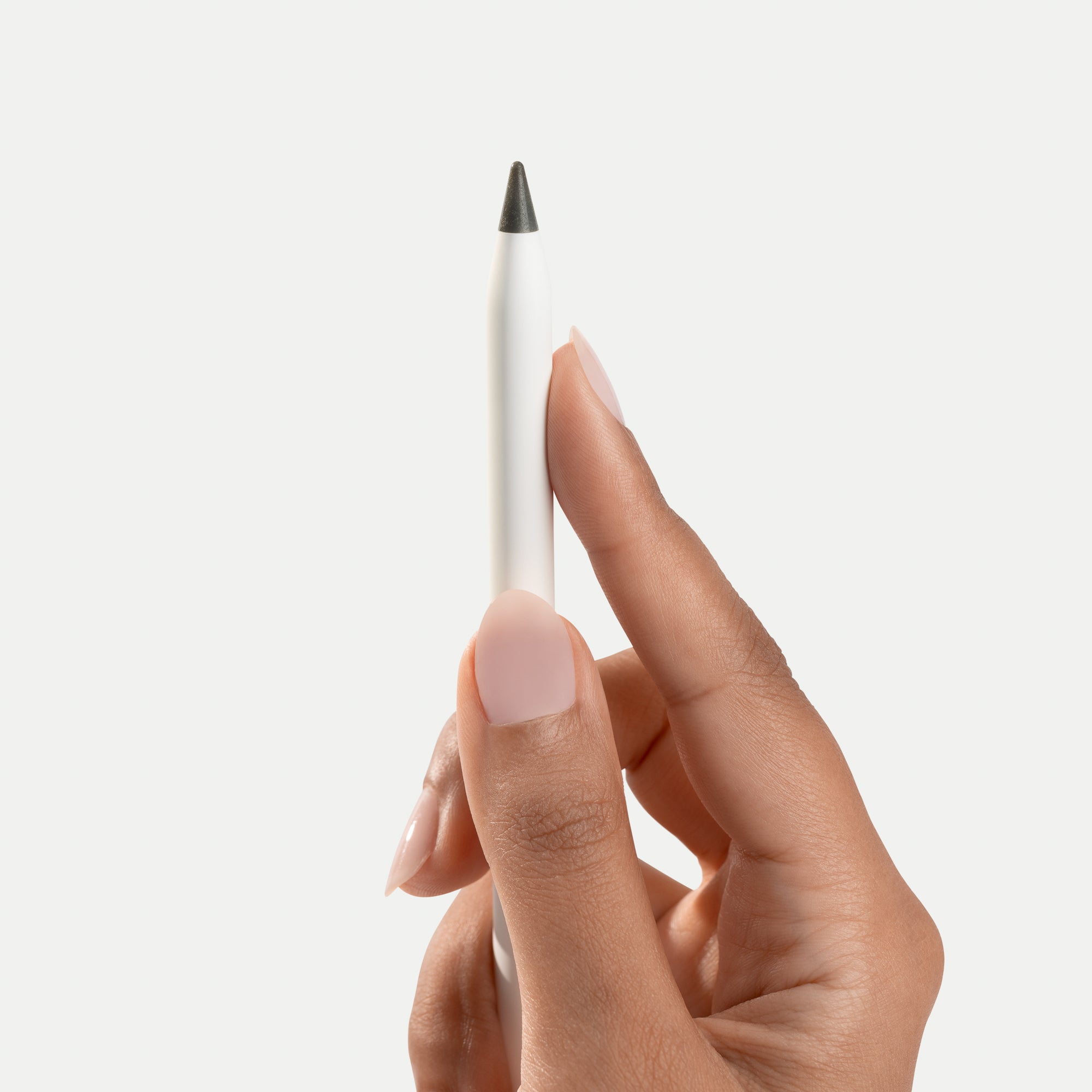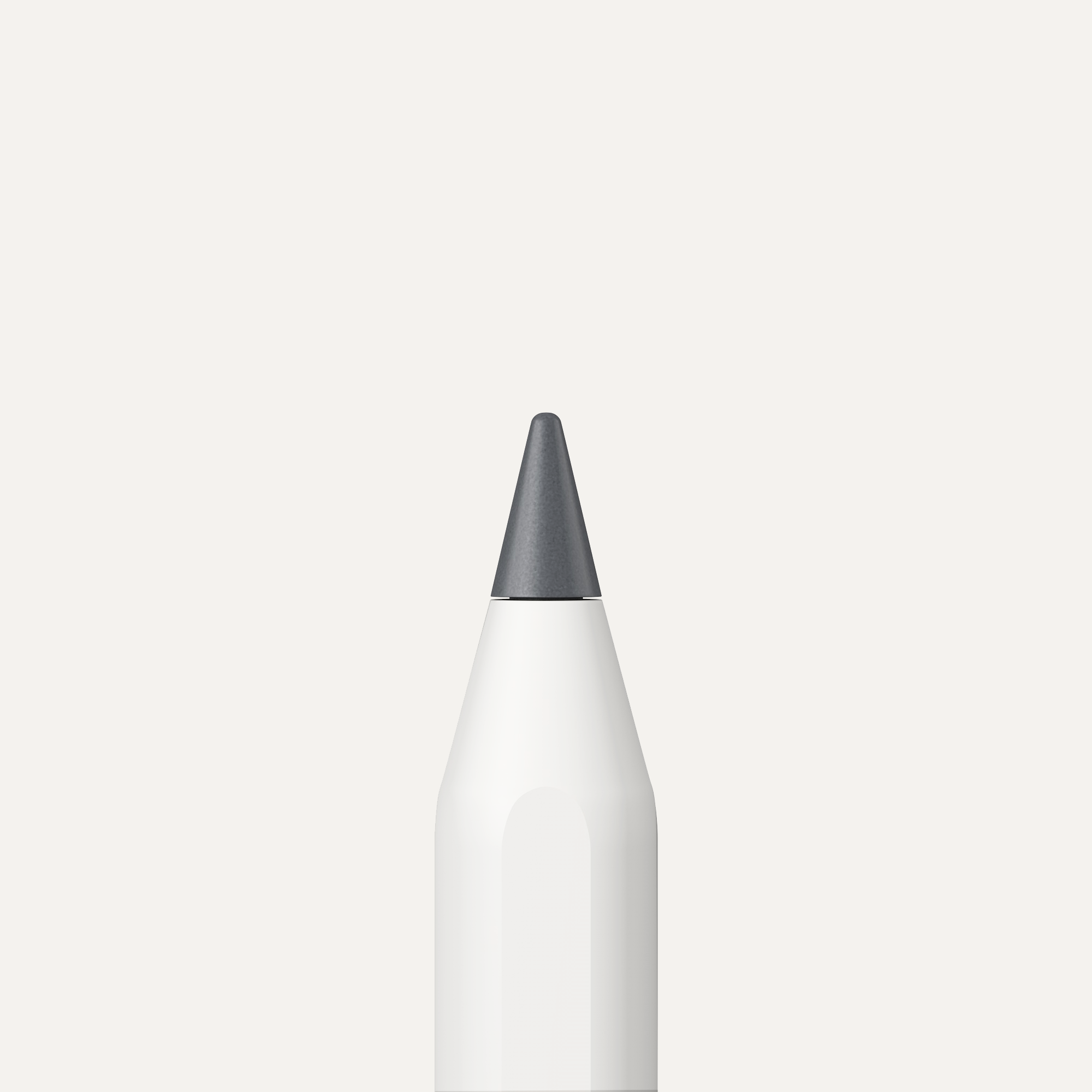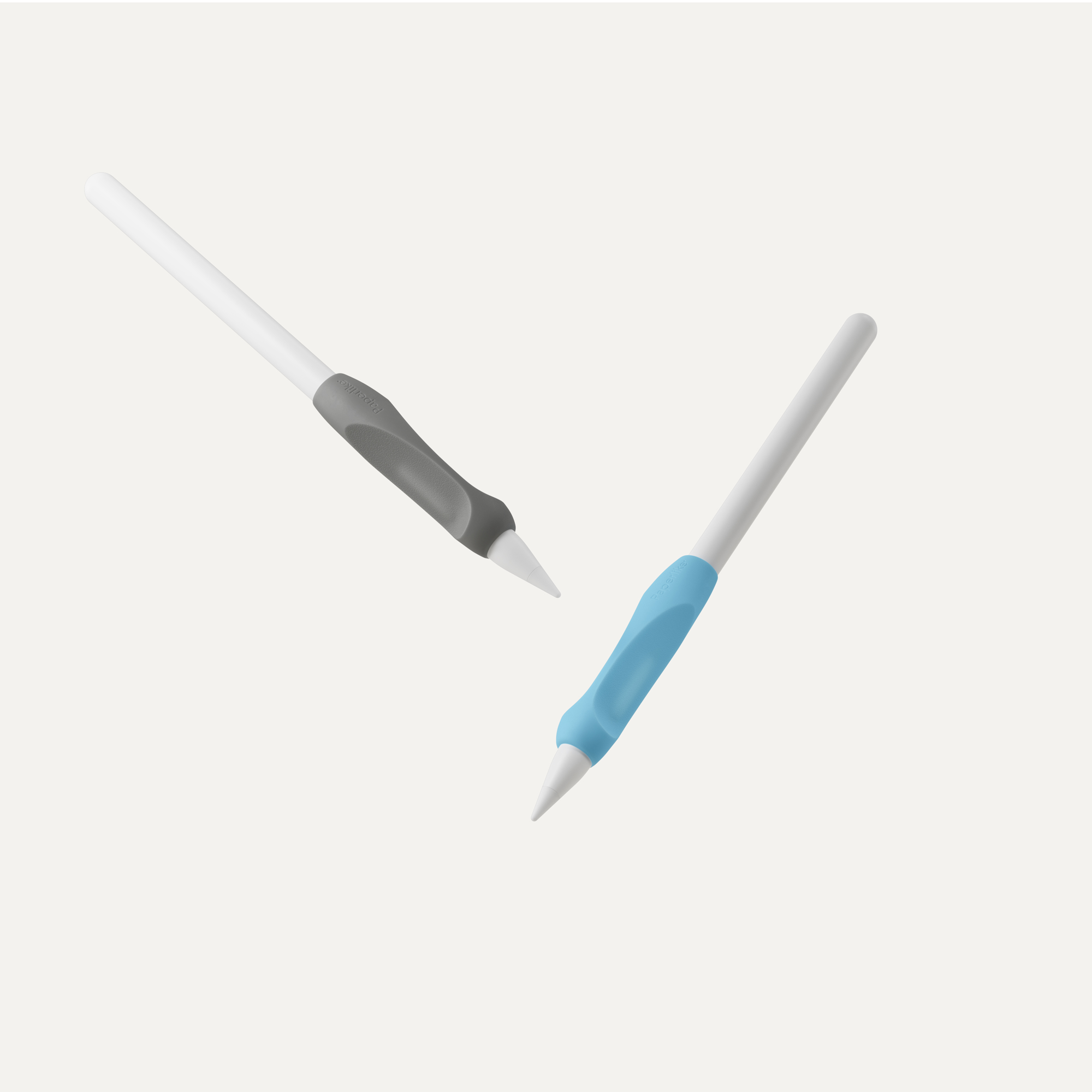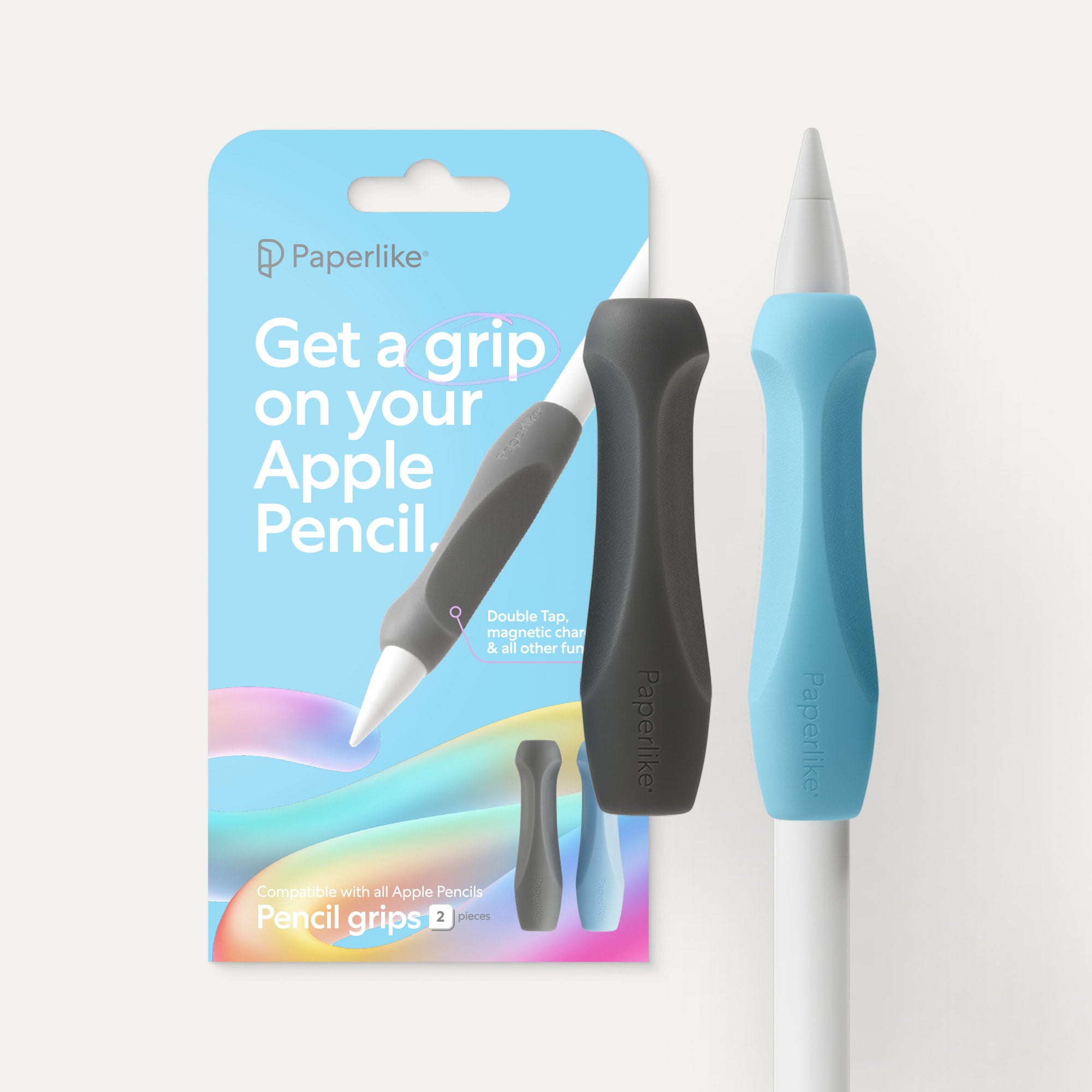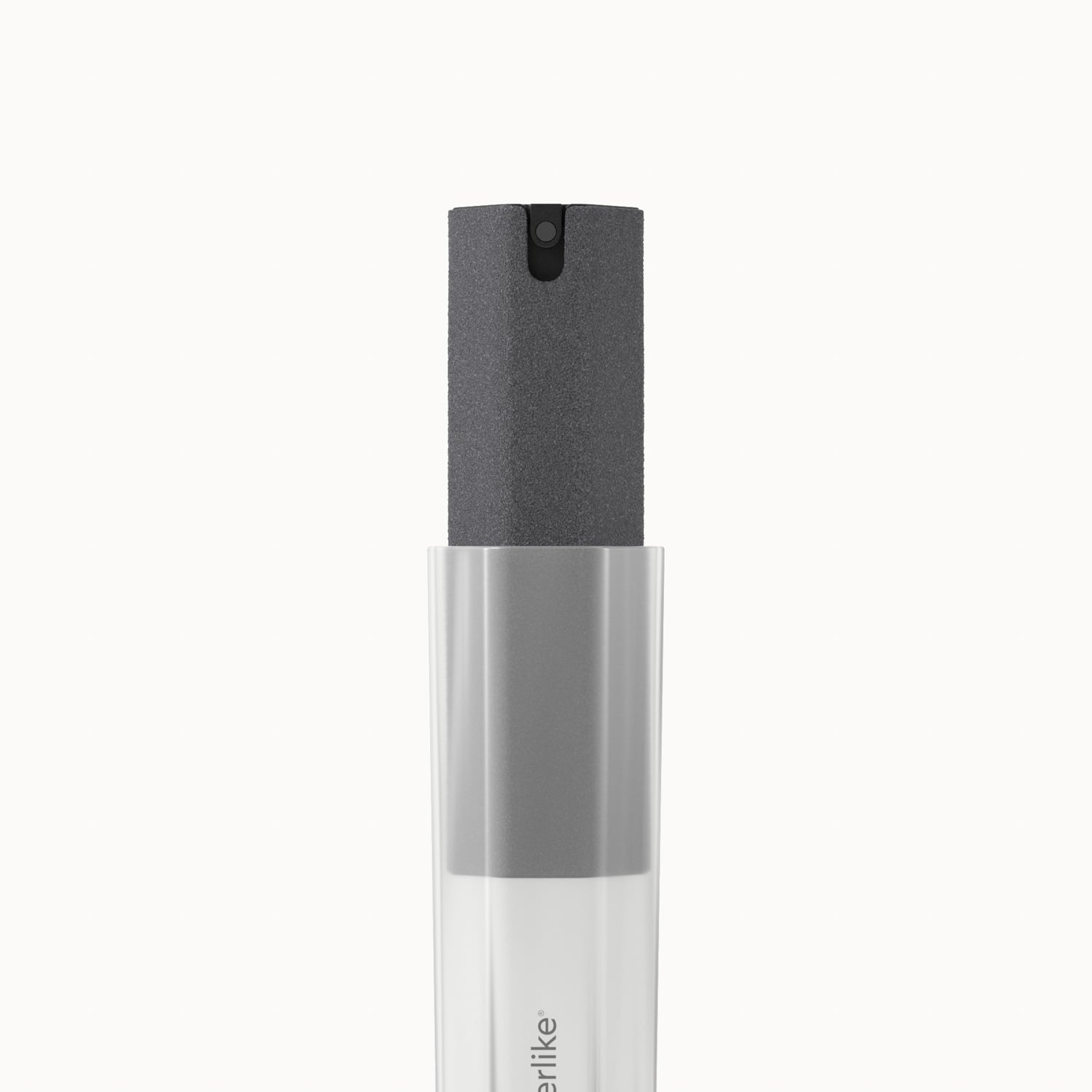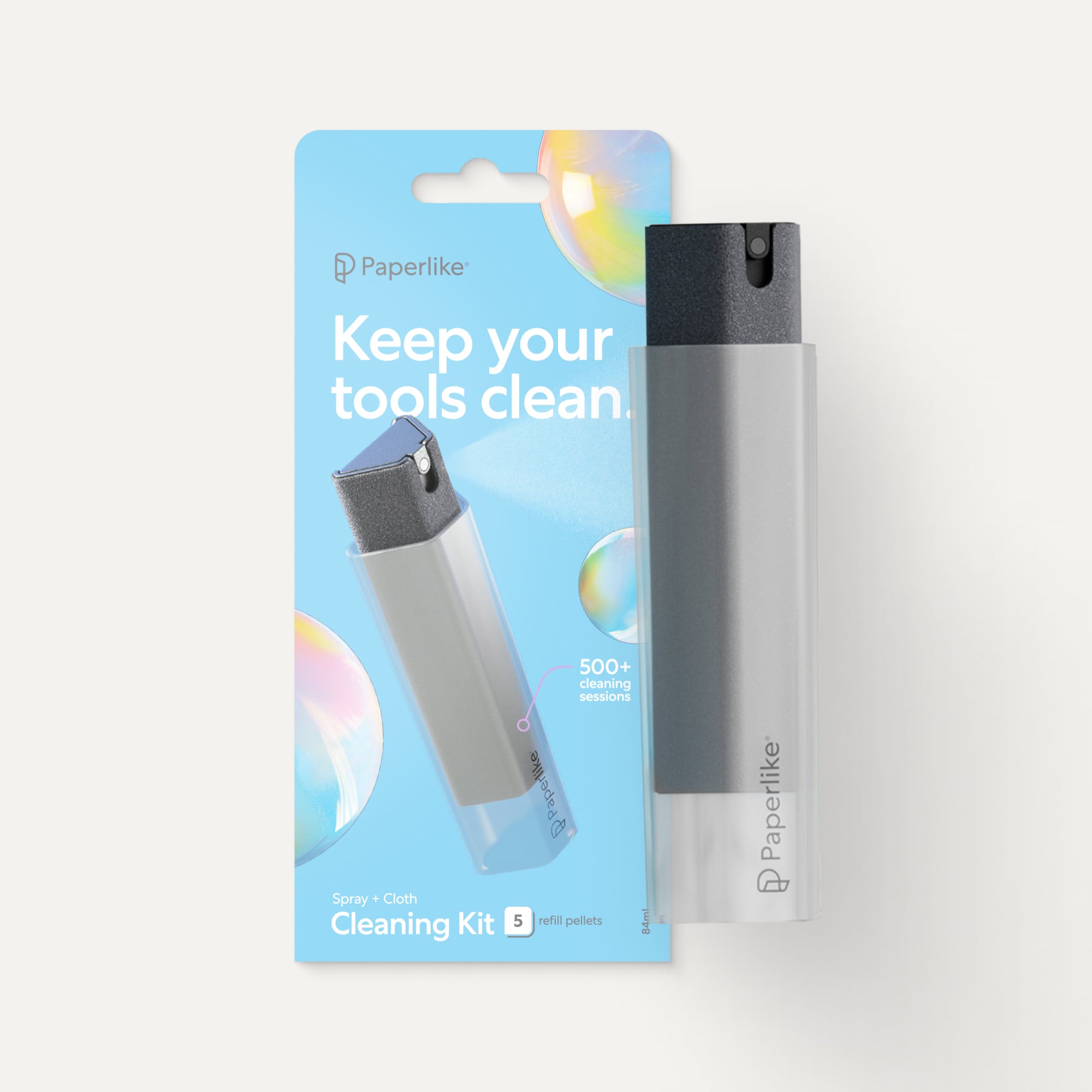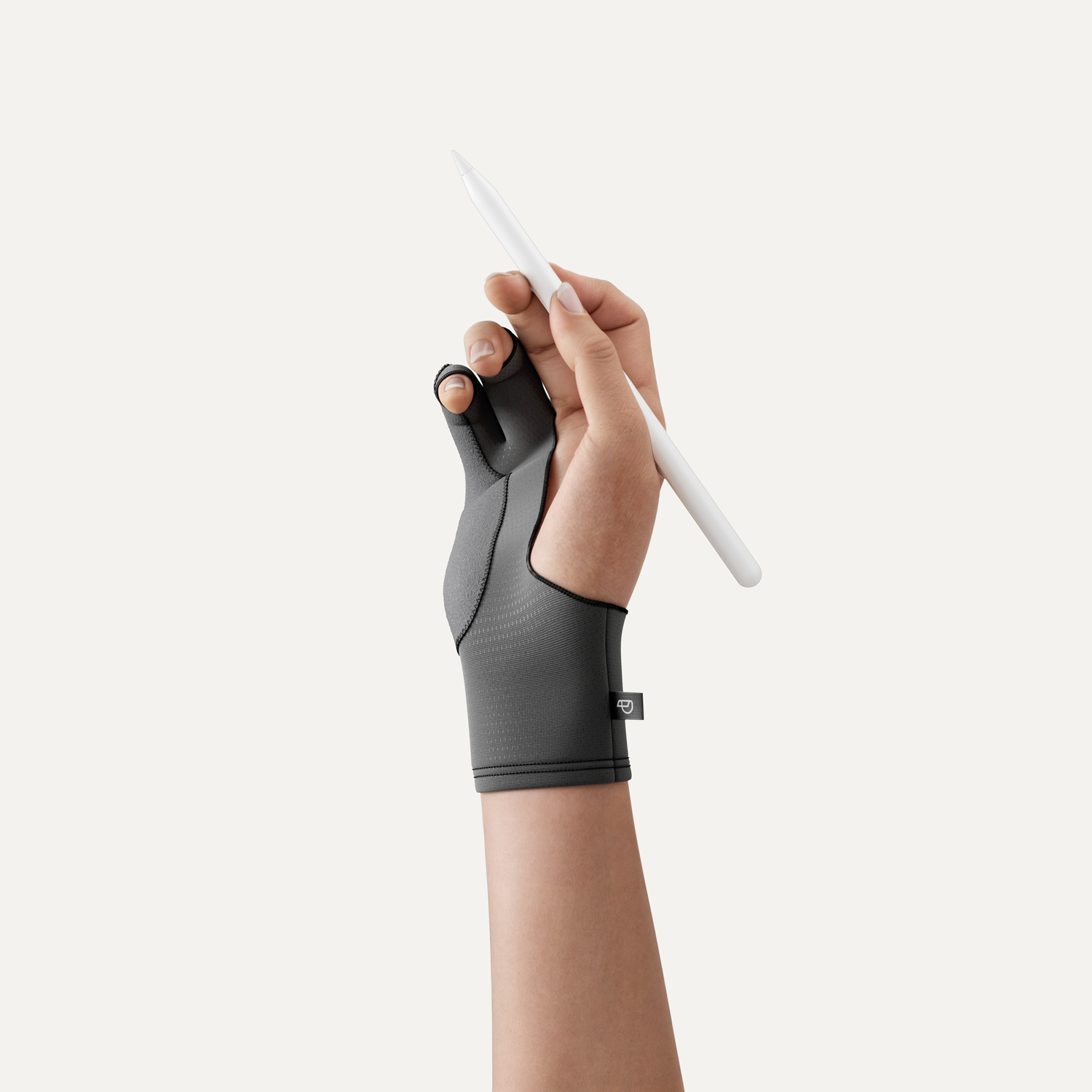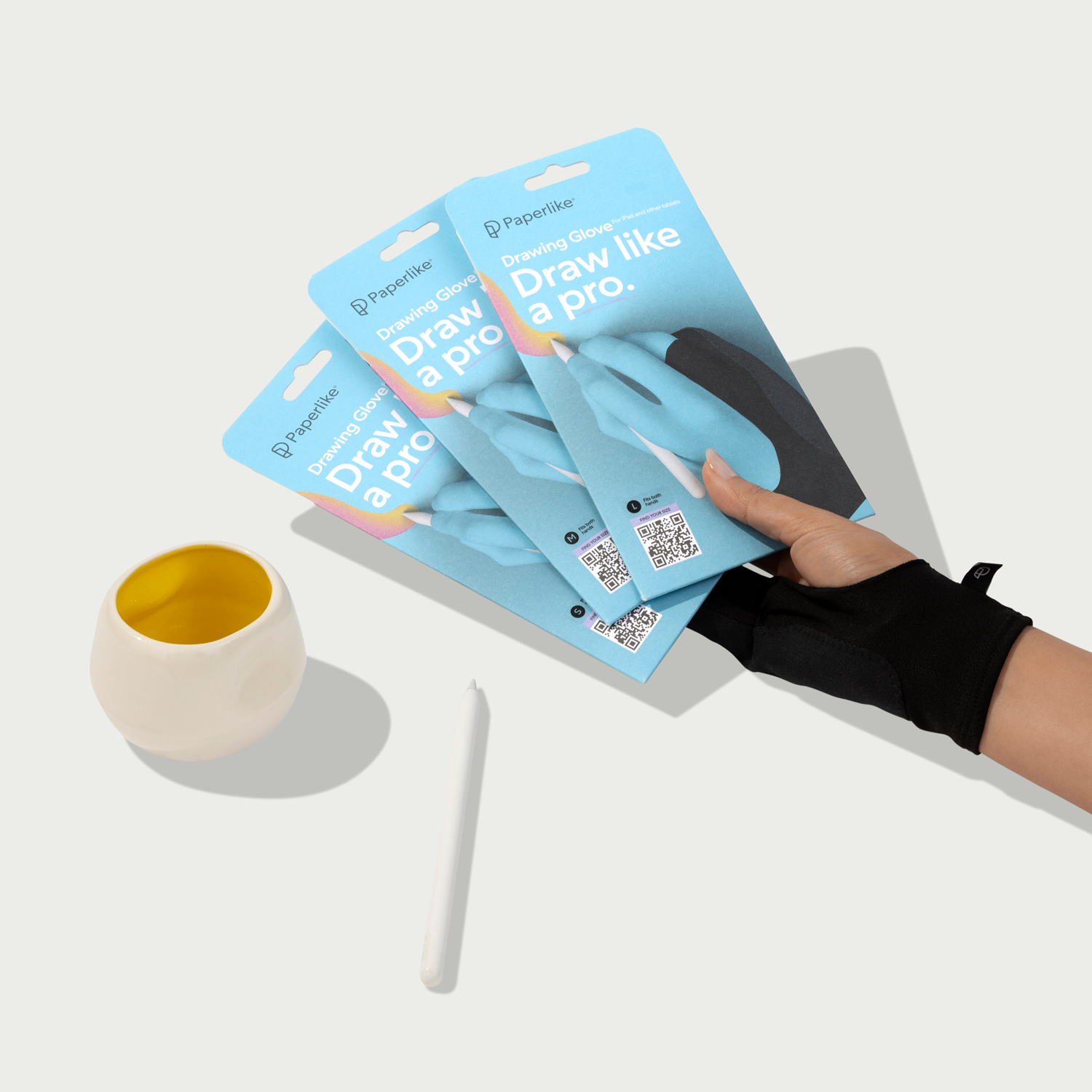It takes more than passion to transform art from a hobby into a business, especially as a freelancer. In highly competitive fields, where prospective clients can seek rock-bottom pricing through freelancing platforms and low-cost agencies, it can be difficult for artists to adequately communicate their professional value to would-be buyers.
Perfecting that value proposition is something that Elena del Castillo has been refining over her entire freelancing career.
“Nowadays, everyone wants everything fast, quick, cheap, and not even personalized,” she said. “There are agencies who do almost everything by email. They don’t take enough time to talk to their clients, and they stay too superficial. They offer lower rates but put less personal time on it.”

As a designer and artist with a technical background, Elena is always looking for unique and interesting ways to add value in every discovery call and client interaction.
Her approach has led to some interesting discoveries about art, emotion, and personal choice — something that Elena knows about from extensive personal experience.
When arts meets analysis
Elena grew up with arts and crafts from an early age, but she quickly learned that sciences were one of her major creative triggers. She found herself inspired by the more concrete aspects of science, something that she found lacking in the artistic world, in which subjectivity is often more important than technical execution or artistic expertise.
Prior to attending college, Elena enrolled in a combination of academic drawing classes and technical education to ensure that she had all the training necessary in order to keep her career choices open.
While university students are often funneled into one program or another, Elena never wanted to choose. She liked the freedom to create art when guided by her intuition and to work on projects that required more than good artistic sense. Instead, Elena enjoys challenges which require her to call upon her scientific knowledge and couple that with artistic principals in a way that makes sense to her.

“For me, I have this philosophy that it’s really important for me to travel — even if I keep working when doing so — because it opens my mind and allows me to observe and learn from people all over the world,” she said.
Those artistic skills stuck with her after she graduated from college. Instead of working for a company, Elena chose to strike out on her own.
Where some freelancers might find that risky, for Elena it was a logical choice.
That combination of artistic value and technical analysis allows Elena to cater to a market of businesses and creative professionals who were looking for more than an express solution, and it’s something that she uses to stand apart from her competition.
Elena’s clients are businesses seeking collaboration rather than turnkey design products. They want someone who can understand their unique situation and provide creative, custom-made solutions to resolve those issues.
As Elena points out, they want someone who will listen and will help them bring their ambitious ideas out of the clouds and down to Earth.

“Nowadays, everything feels so standardized,” she said. “You can go and get a template for anything. But I think what’s missing is that people don’t feel understood.”
For Elena, that’s where the true value is hidden. It’s not about making things expensive. Rather, it’s about taking the time to listen, empathize with the client and their brand environment, and to create things that are relevant for them. She wants clients to feel like it’s worth spending time with her and that they can experience her process and grow from it. Working together, Elena wants clients to know that they can bring big ideas to life.
That’s what Elena’s design studio, Ideas2Earth, is all about.
Big ideas with a personal touch
Ideas2Earth is about building a realistic creative foundation and helping clients bring big ideas to life. It’s all about empowering brands to take steps forward into innovation and toward new, unexplored fields where they can stand out.
“Any idea deserves to be listened to and to have the possibility to exist. Even if it’s crazy, we can make it less crazy,” she said. “In the long run, it’s what we’re going to be doing because, design-wise, innovation from scratch and doing something that doesn’t already exist is almost impossible.”

But, for Elena, none of that can actually happen without a personal touch.
While communicating with clients, Elena takes the time to go beyond their scope of work. She wants to understand who they are, what they stand for, and how she can help them.
“One of the reasons I decided to go freelance is because agency designers don’t have time to just sit down and let the client talk. In the end, you’re designing for them or creating for them because they’re the ones that will appreciate your work,” she explained.
That, she points out, is the key to building strong client relationships and creating great products for every project. Elena’s ultimate goal is to help every business she works with stand out and, in doing so, to create work that she is proud of through every phase of the design process.
“You have to make sure that your idea is always connected to them,” she said. “Every single step of the design process is key, and I always start every process by listening — no matter where they are in the world. I listen first to the feedback, interpret their needs, and make a proposal. If they don’t like it, we readjust and reiterate. Creativity allows you to seek out-of-the-box solutions.”
What’s important for Elena is that she’s not just creating art for the sake of art. She’s lending her artistic expertise, her artistic voice, to the clients who employ her. That’s why she takes her time ensuring that the clients that she works with are clients that she can communicate with.

Elena points out that she would rather risk her salary than work for stubborn clients who won’t communicate because, in a way, she’s already risking her salary by taking those clients on.
“Some people can be superficial when relating to me. They want a service done like a machine would do it. They don’t want to think. They say they want a logo, and they want it in three-ways, and they want it for $30,” she explained. “Human interaction is key to resolve human problems and to detect needs and conflicts in a real-life situation.”
But Elena doesn’t want to do that. She wants to empathize with a client and understand what they really need. For clients who don’t want to engage in that process, she openly recommends and drives people to other professionals who can help them. She doesn’t view designers who operate that way as competitors; it’s just another way to approach design solutions.
Not only does this selective approach help Elena produce her best work. It also increases her personal satisfaction in the quality of her artistic output.
It’s bigger than art
Elena holds a view on art and creativity that many artists overlook:
“Art is art, but the world is around people,” she said. “We’re humans living together, and if I share my art, someone is going to try to extract something from it. If I miss that functional part or narrow connection with it, then it’s just lucky that someone likes your art and you will never know why. In the end, that’s like playing roulette.”


